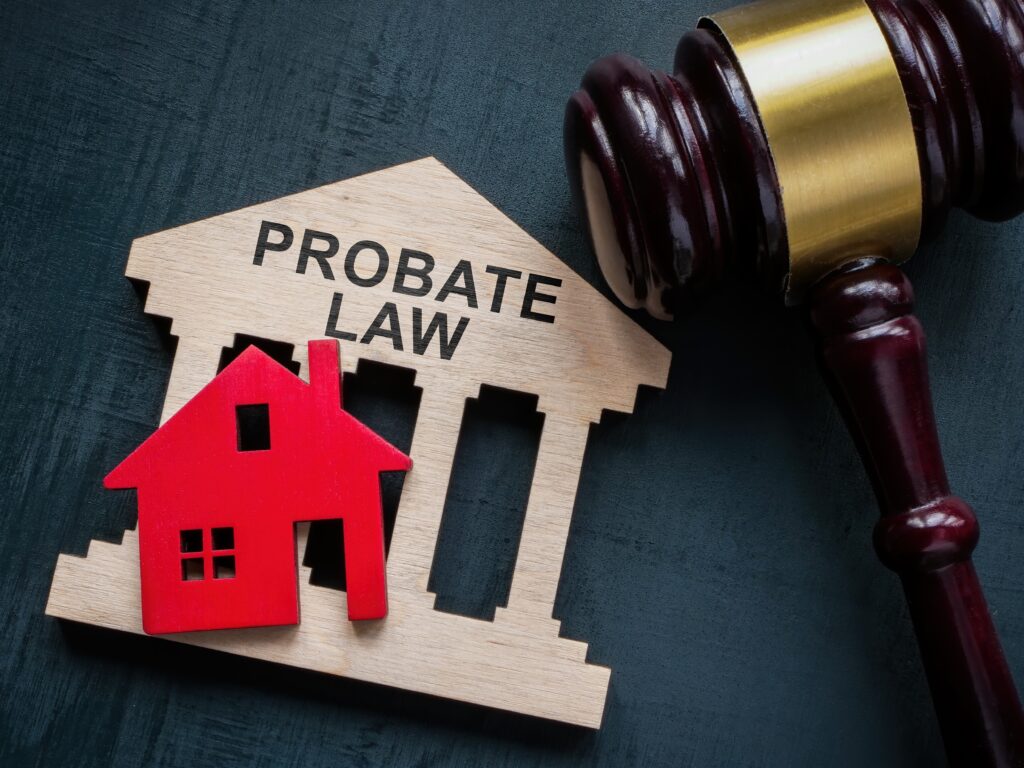Probate
Probate Attorney Manchester CT
Probate can be a complex and emotional process, but it doesn’t have to be overwhelming. At Darius Law Group LLC, we provide experienced guidance and support to families navigating the probate process in Connecticut. Whether you are the executor of a will or dealing with the estate of a loved one who did not have a will, we are here to help. Our comprehensive probate services ensure that the distribution of assets is handled efficiently and according to Connecticut law.

Key Aspects of Our Probate Services Include:
- Probate Administration: Guiding executors and administrators through the probate process, from filing necessary paperwork to distributing assets to beneficiaries.
- Contested Wills: Assisting with disputes over the validity of a will, including representation in court if necessary.
- Intestate Succession: Navigating cases where a loved one passed away without a will, ensuring that assets are distributed according to state laws.
- Asset Valuation: Accurately valuing and inventorying the deceased’s assets, including real estate, financial accounts, and personal property.
- Debt Resolution: Addressing any outstanding debts or liabilities and ensuring that creditors are properly paid according to the estate’s value.
Why Choose Us?
- Personalized Service: We understand that every probate case is unique. We provide personalized attention to ensure that the process aligns with the specific needs of your family.
- Compassionate Support: We know that dealing with the loss of a loved one can be difficult. Our goal is to handle the legal complexities so you can focus on what matters most.
- Experienced Guidance: With years of experience in probate law, Darius Law Group LLC is equipped to handle even the most challenging cases, providing clear and practical advice every step of the way.
Ease the burden of probate during this difficult time. Contact Darius Law Group LLC to schedule a consultation and learn how we can assist with the probate process.
